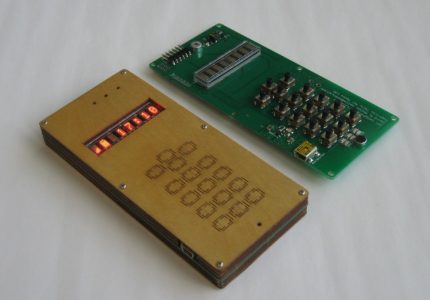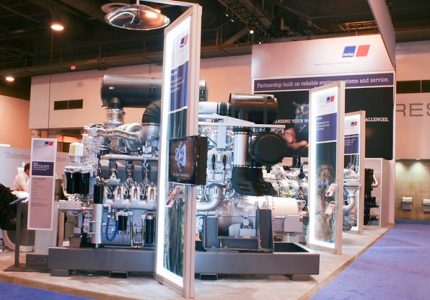
The Role of Technology in Business Mergers and Acquisitions
In today’s fast-paced and highly competitive business environment, mergers and acquisitions (M&A) have become a common strategy for companies looking to expand their operations, increase market share, or gain a competitive edge. While M&A deals have always been complex and challenging, the role of technology has become increasingly crucial in facilitating successful transactions. From due diligence to integration, technology plays a pivotal role at every stage of the M&A process.
One of the primary ways technology impacts M&A is through the due diligence process. Due diligence involves a comprehensive assessment of the target company’s financials, operations, legal compliance, and other critical aspects. In the past, this process was often time-consuming and relied heavily on manual data collection and analysis. However, with advancements in technology, due diligence has become more efficient and accurate.
Data analytics tools now enable M&A teams to quickly analyze large volumes of data and identify potential risks or opportunities. Artificial intelligence (AI) algorithms can sift through financial statements, contracts, customer data, and other documents to identify patterns or anomalies that may impact the deal. This not only saves time but also helps uncover insights that may have been missed using traditional methods.
Moreover, technology has revolutionized communication and collaboration during the M&A process. Virtual data rooms (VDRs) have replaced physical data rooms as the primary platform for sharing confidential information between parties involved in the deal. VDRs provide a secure and centralized space where documents can be stored, accessed, and shared with authorized individuals. This ensures that all stakeholders have access to the most up-to-date information, reducing the risk of miscommunication or misunderstandings.
Furthermore, technology has also streamlined the integration process after an M&A deal is finalized. Integrating two companies’ systems, processes, and cultures is often a complex task that requires careful planning and execution. Technology plays a crucial role in facilitating this integration by automating processes, consolidating data, and ensuring seamless communication between different departments or business units.
Enterprise resource planning (ERP) systems, for example, can help consolidate financial, HR, and operational data from both companies into a single platform. This allows for better visibility and control over the combined entity’s operations, enabling management to make informed decisions and identify areas for optimization or cost savings.
Additionally, technology can also play a role in managing the cultural aspects of an M&A deal. Cultural integration is often overlooked but is critical for the long-term success of the merged entity. Collaboration tools, internal social networks, and employee engagement platforms can help foster communication and collaboration between employees from different organizations. This helps build trust, align goals, and create a unified company culture.
However, it is important to note that while technology can greatly enhance the M&A process, it is not a panacea. The human element remains crucial in driving successful M&A deals. Technology should be seen as an enabler rather than a substitute for human judgment and decision-making. Experienced M&A professionals are still needed to interpret data, assess risks, negotiate deals, and manage the overall process.
In conclusion, technology plays a vital role in all stages of the M&A process, from due diligence to integration. It has transformed the way companies conduct due diligence, improving efficiency and accuracy. Technology also facilitates communication and collaboration between parties involved in the deal, ensuring that everyone has access to the most up-to-date information. Moreover, technology streamlines the integration process by automating processes and consolidating data. However, it is important to remember that technology should be used as an enabler, with experienced professionals still playing a critical role in driving successful M&A deals.





